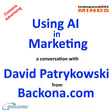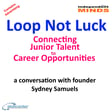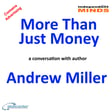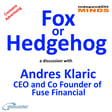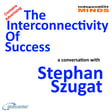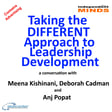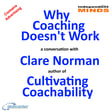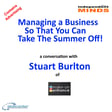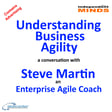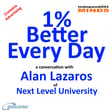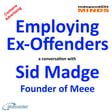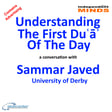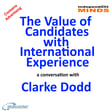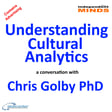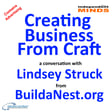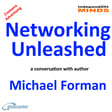
Build Your Business by Solving Their Problem - a conversation with Callum Armstrong
Callum Armstrong (BCom) is a Kiwi social entrepreneur with a passion for marketing strategy, developing businesses, and helping the environment.
Through his business, Paste and Publish Callum provides coaching in marketing that helps businesses to understand how to create content and digital marketing that enables them to grow. The aim is to solve problems for other businesses (B2B services). He equips his clients to generate business leads beyond word-of-mouth and get results online.
In this episode of The Independent Minds Callum and Michael discuss the how outsourcing the provision of a service means that the skills and knowledge never enter your business. They explore the importance of the business understanding what the outsourcer does.
Callum explains how as a provider of marketing services he manages his clients to ensure that the relationship delivers the best outcome for his clients.
He explains how his approach helped Manuka Essentialsto increase business by 500 percent on a budget of $NZ 5,000.
The environmental charity that Callum established is Conservation Amplified.
The Independent Minds is made on Zencastr.
Zencastr is the all-in-one podcasting platform, on which you can create your podcast in one place and then distribute it to the major platforms.
Zencastr really does make creating content so easy.
If you would like to try podcasting using Zencastr visit zencastr.com/pricing and use our offer code ABECEDER.
Find out more about both Michael Millward and Callum Armstrong at Abeceder.co.uk
Matchmaker.fm
Thank you to the team at Matchmaker.fmthe introduction to Callum Armstrong.
If you are a podcaster looking for interesting guests or if like Callum, you have something interesting to say Matchmaker.fm is where matches of great hosts and great guests are made. Use our offer code MILW10for a discount on membership.
Travel
Callum is based in New Zealand.
The Ultimate Travel Club, offers trade prices on travel to New Zealand and everywhere else. You can become a member at a discounted price by using my offer code ABEC79 when you join-up.
Three the network
If you are listening to The Independent Minds on your smart phone, you may like to know that Three has the UK’s Fastest 5G Network with Unlimited Data, so listening on Three means you can wave goodbye to buffering.
Visit Three for information about business and personal telecom solutions from Three, and the special offers available when you quote my referral code WPFNUQHU.
Being a Guest
If you would like to be a guest on The Independent Minds, please contact using the link at Abeceder.co.uk.
We recommend that potential guests take one of the podcasting guest training programmes available from Work Place Learning Centre.
We appreciate every like, download, and subscriber.
Thank you for listening.

